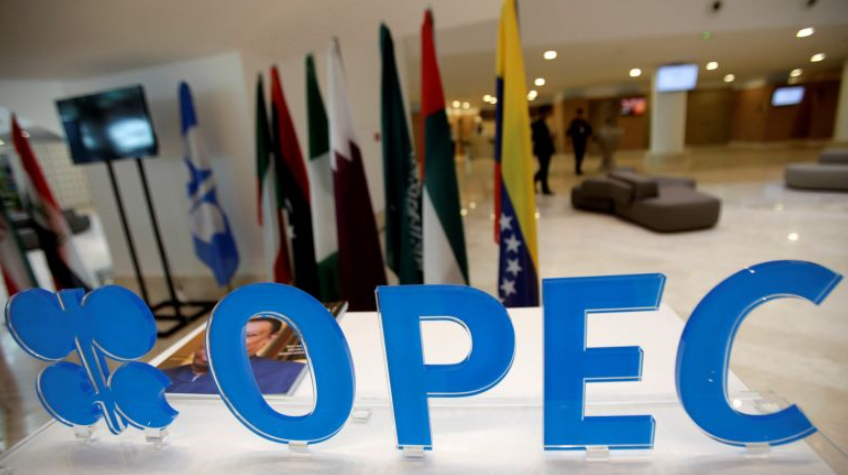OPEC+ members will be meeting in Vienna over the next two days

There have been lots of murmurs over the past week about deepening output cuts and even lengthening them to the end of next year. However, this is OPEC we're talking about. Nothing is ever done until it is actually done.
In trying to get a boost for their Aramco IPO, Saudi Arabia wants OPEC+ members to provide the right platform to deliver on that. As such, we're seeing the calls for potentially deeper and longer cuts going into today's meeting.
They even reportedly threatened to scale back on their over-commitment if that is what it takes to get OPEC+ members to comply with current quotas.
What is the baseline expectation now?
If it were two weeks back, it is but a given that there would be no change to the level of output cuts and perhaps we will see cuts extended to the end of 2020. For the uninformed, the current 1.2 mil bpd cuts will expire in March next year.
Fast forward to today, I would argue that the above remains the baseline expectation but perhaps it isn't necessarily a given after some commentary about an additional 0.4 mil bpd worth of cuts to be added to the current pact.
That said, I still view any deepening of output cuts to be a difficult one for most OPEC+ members to get on board with. So, such an outcome will still lean more towards being a surprise decision although it will be one with low odds of happening.
What is the hurdle preventing deeper output cuts?
The issue with OPEC is that every member is all for lowering output cuts - as long as they are not the ones having to do so.
The proposal of the 0.4 mil bpd worth of cuts was pushed forward by Iraq but they themselves have a poor record of complying with their current quota.
As such, that has drawn the ire of Saudi Arabia who have come forward to voice their dissatisfaction over the past few days - particularly at Iraq, Nigeria and Russia; all of which have not lived up to their end of the deal in the existing pact.
A proposal to deepen output cuts may sound good, but who are the ones going to have to deliver on that? That is the real question.
Saudi Arabia's worst kept secret
It has been known for weeks now that in the run up to the Aramco IPO, Saudi Arabia wants higher oil prices and even wanted to "save an upside surprise" for the oil market by announcing deeper output cuts this week.
However, that has all gone awry as we can see how things developed in the past week. There's even the outside chance Russia may not get on board with extending the existing pact beyond March next year.
As such, if Saudi Arabia wants to get a better price, they may have to fight for it themselves by over-cutting its output even more to make up for the laggards in the bloc.
What does this all mean for the oil market?
Funnily enough, one of the key reasons why OPEC+ output cuts have worked as well as they did owes much to the US drawing up sanctions against Iran and Venezuela.
So, if that stays in place and the existing pact is extended to the end of next year, it pretty much reaffirms the status quo and the focus will turn towards supply instead.
In that lieu, the focus will turn towards US shale producers and whether or not they can support the narrative that the market will be heavily supplied next year.
There has been some debate that such a scenario may not be the case and that is the risk for the oil market when having to gauge the outlook for 2020. If US production is not as "hot" as it seems, expect that to underpin oil prices in the big picture.
As for any immediate repercussions from the OPEC meeting this week, the announcement of deeper cuts may give oil prices a nudge higher but it may not be lasting as some members may not live up to their end of the bargain - similar to the situation now.
On the flip side, if Russia walks out on the existing pact, expect prices to fall sharply on fears that the market will stay largely oversupplied going into next year.



